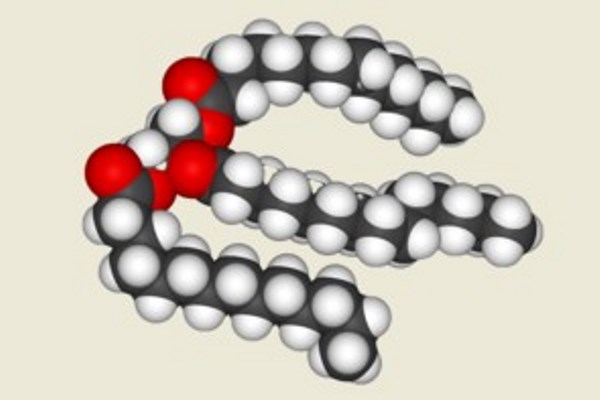Fat Cells Have Memory: Hindering Weight Loss and Causing Regain

After going through a lot of effort to lose weight, many people often gain it back not long after! When faced with the return of those extra pounds, scientists suggest that it might be due to the 'memory' stored in fat cells interfering with weight loss efforts.
According to a report from British media, while there are many reasons why weight loss plans fail, new research from the Federal Institute of Technology in Zurich, Switzerland, has revealed that fat cells have a 'memory' of being overweight. This makes losing weight particularly challenging, with fat cells being the main culprit.
The report further explains that scientists have discovered that fat cells in the body appear to have a memory, also known as 'biological memory.' When the body is in a long-term obese state, and weight loss occurs, fat cells activate mechanisms to 'hinder weight loss.' They begin to respond more rapidly to food, increasing the speed at which nutrients are absorbed, causing weight to quickly rebound.
Scientists point out that this 'biological memory' of fat cells can be understood from an evolutionary perspective. Throughout history, for both humans and animals, eating has been a crucial survival activity. Thus, maintaining weight has always been more important than losing it for survival purposes.
However, losing weight is not entirely impossible. If weight loss can be sustained for a long enough period, allowing the weight to remain stable over time, it may be possible to 'erase' the memory of fat cells. On the other hand, the longer a person has been obese, the harder it is to 'erase' the memory of obesity, increasing the likelihood of weight loss failure!
- 112 reads
Human Rights
Fostering a More Humane World: The 28th Eurasian Economic Summi

Conscience, Hope, and Action: Keys to Global Peace and Sustainability

Ringing FOWPAL’s Peace Bell for the World:Nobel Peace Prize Laureates’ Visions and Actions

Protecting the World’s Cultural Diversity for a Sustainable Future

Puppet Show I International Friendship Day 2020

